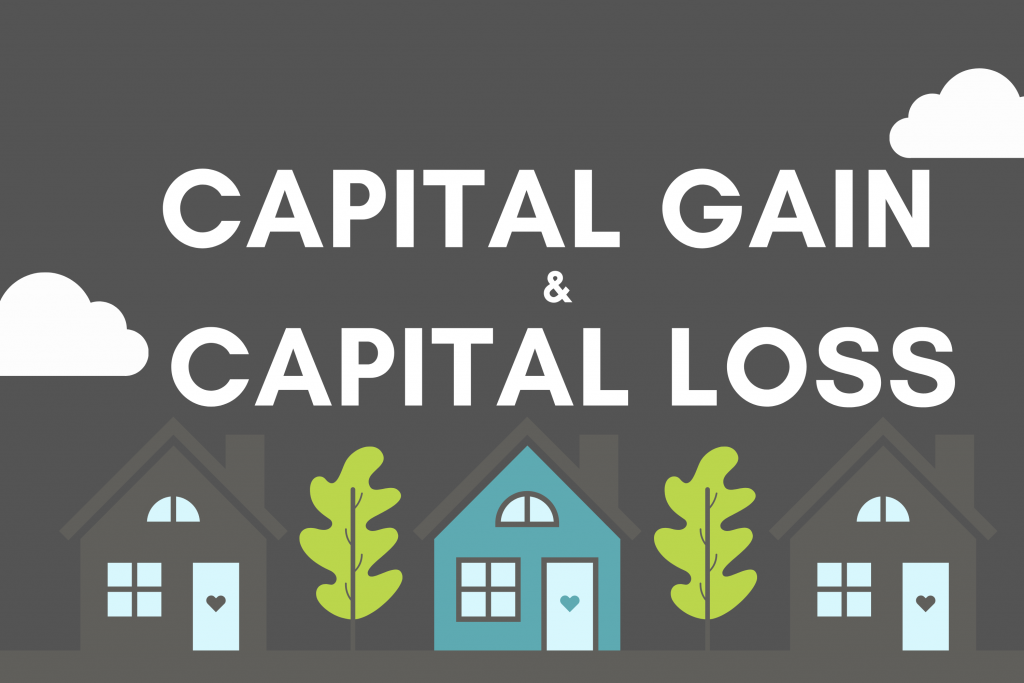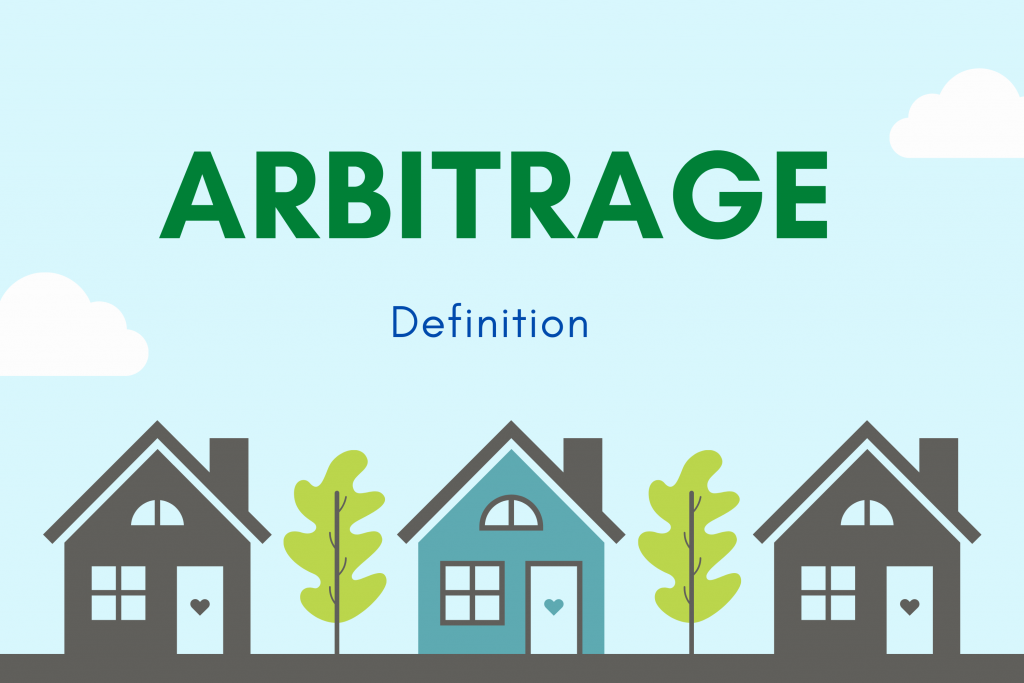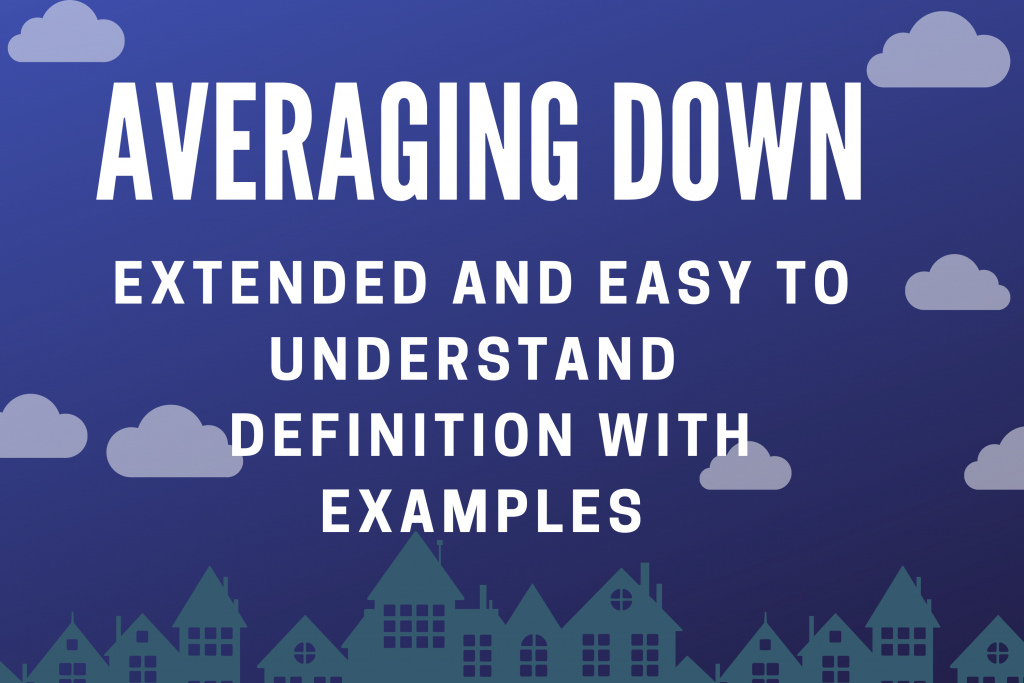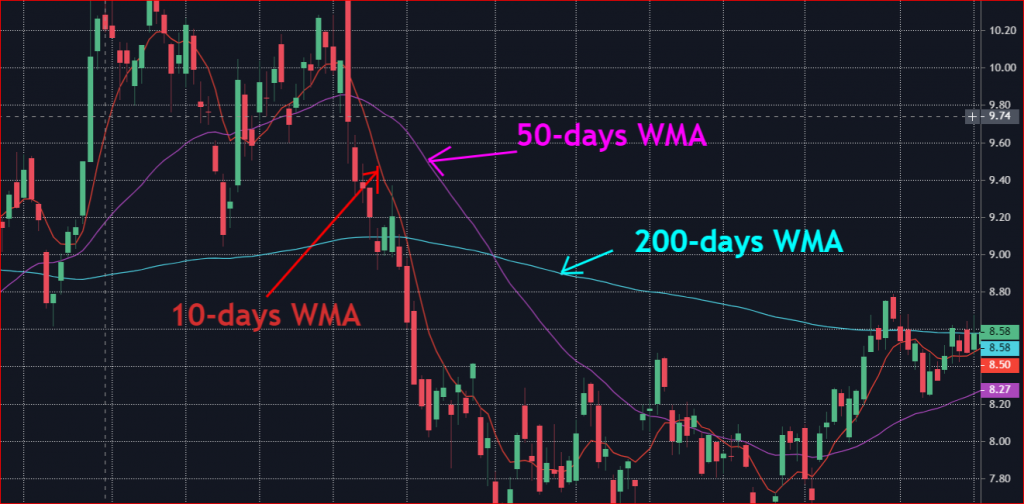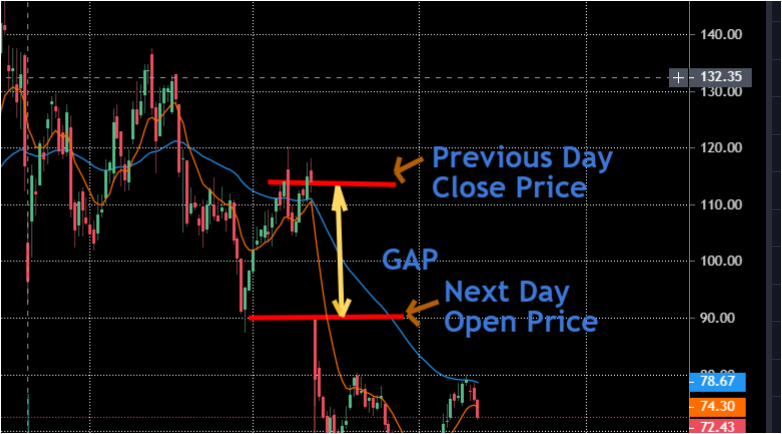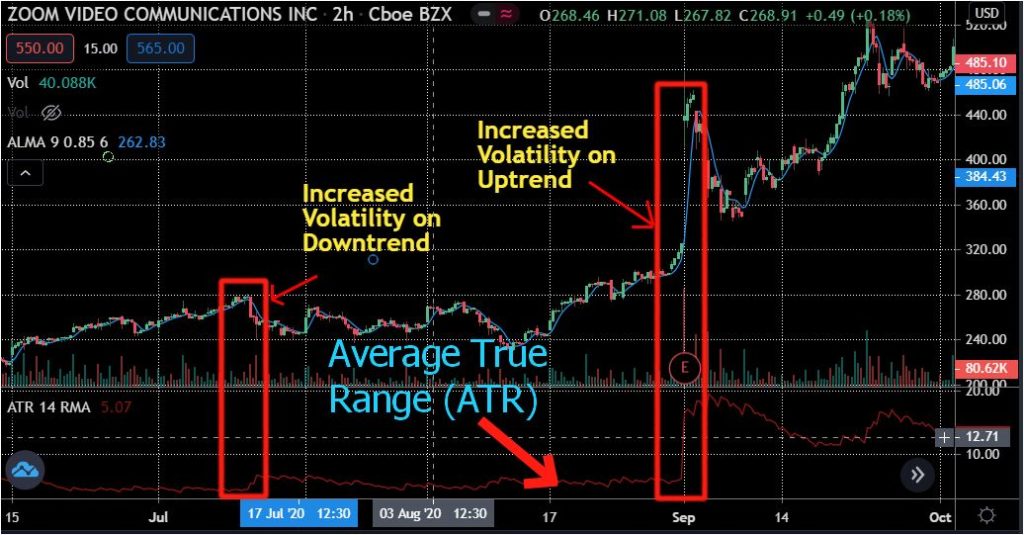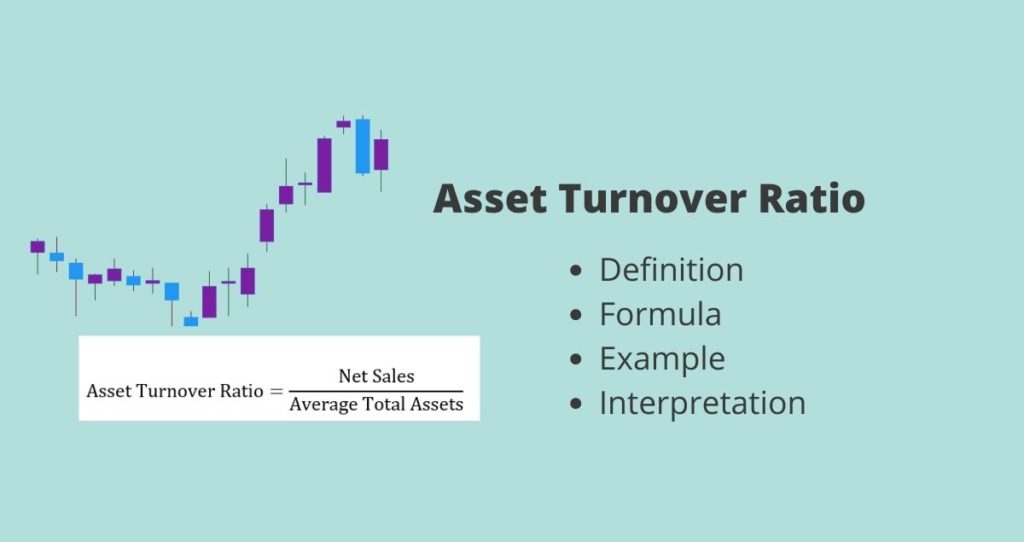Capital gain is the difference between what you spent to acquire an asset and what you sold it for. Assets you purchased appreciate or depreciate over time. If the value increased from the time you bought the asset, you will make money when you sell it.
On the other hand, if the value of the asset decreased over time; you will lose money once you sell the asset. In this case, it will be a capital loss.
When is the capital gain or loss realized?
Even if your asset increased in value from the time you bought it, you have not made that money yet. This because gains on assets are not yours or realized until you sell the asset.
For this reason, the capital gain or loss will be realized only when you sell the asset.
For example, let’s say that you purchased a stock for $4 per share. You held your shares for 2 years. During this period the stock went from $4 per share to $17 per share. Do you think you made $13 ($17-$4) per share during this period? The answer is no. That $13 dollars is called an unrealized capital gain.
Anything can happen in the market and your stock could plummet back to $4 or below. In order words, that $13 will be yours only if you sell the stock at $17 per share. Otherwise, you could still lose it or make more.
The same happens for capital losses. If you have been holding a losing stock, don’t panic. The loss is an unrealized loss. This means that you will never incur the loss until you sell the stock. What do you think could happen to the stock if you keep holding it?
There is a possibility that it could go back up to where you bought or above. In this case, you will make your money back. That is why they call this loss an unrealized capital loss.
Where is the capital gain or loss used?
The capital gain or loss is used in many sectors and investments. Many people think that they are only for stocks, bonds, mutual funds, etc. However, anything that can be bought and sold can have a capital gain.
For example, if you buy a toy for $100 and sell it for $125, you made a profit of $25. This profit is considered a capital gain and you will pay taxes on it.
The benefits and disadvantages
The most important benefit of capital gain is that it is your money. You can do whatever you want with it. You earned it.
The downside is that like any other gains, it is considered to be an income depending on how long you held your asset. For this reason, the capital gain is taxable.
